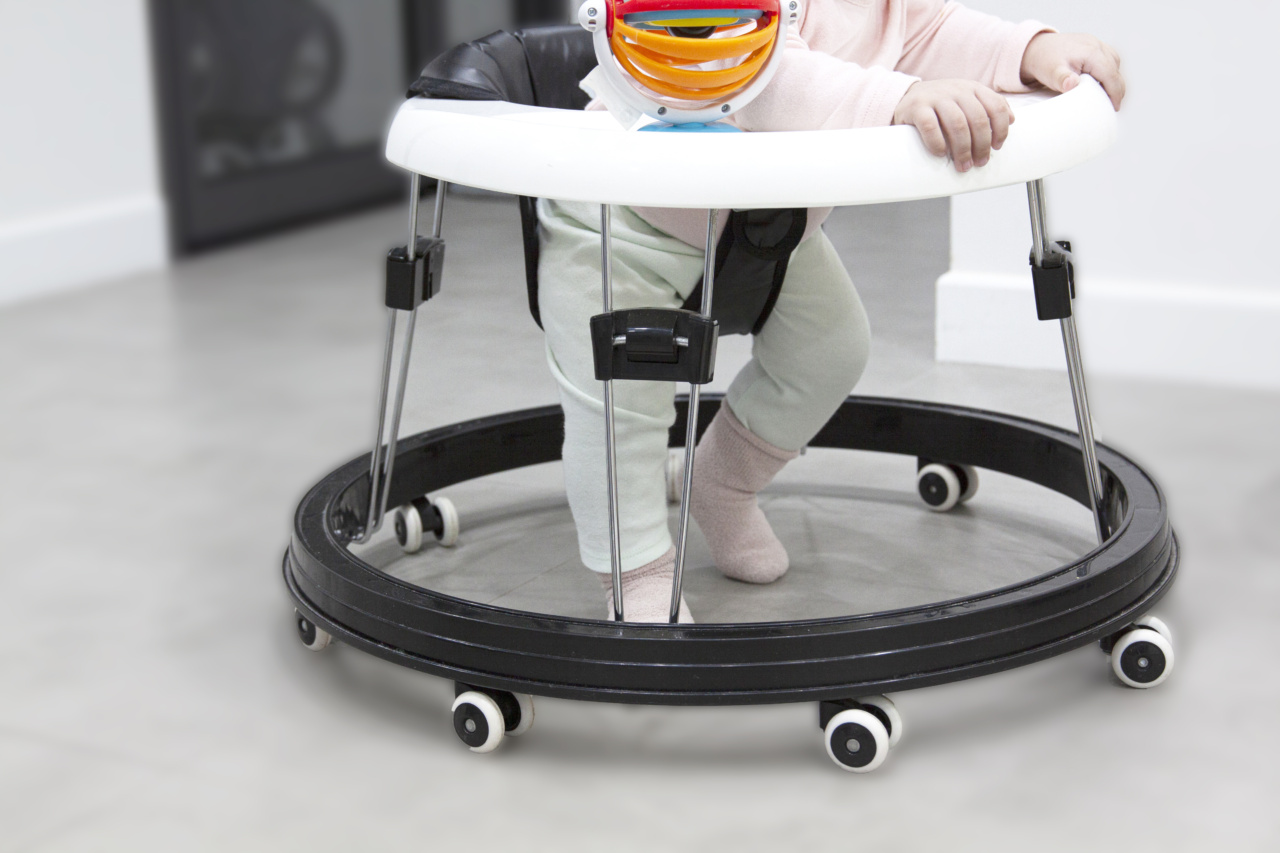In the present era, tablets and smartphones have become essential in our daily lives, and they provide an automatic solution for many things, including education for children.
Toddlers have become increasingly more exposed to technology than any other generation in the past. However, recent studies suggest that tablets are not appropriate for baby’s learning and development.
The Negative Impacts of Tablets on Young Brains
Recent researches indicate that tablets offer you no benefit to a youngster’s cognitive development, such as language and communication, however, it could, in fact, divert their growth.
Scientific studies have found no evidence to suggest that screen presence is advantageous for kids under 2 years old, yet there is proof that increased telephone and tablet use may be detrimental to their development.
A baby’s brain is still developing, and any screen time for a child under two may have harmful effects on a baby’s memory, behavioral and learning skills, as well as delayed speech development.
For a baby’s brain to develop and grow, babies need to interact with humans more than they need to engage with electronic gadgets.
No True Social Interaction
Babies learn most of the social cues through face-to-face communication. If they spend a lot of time staring at a screen, they may miss out on important developmental milestones.
Eye contact, turn-taking, facial and voice recognition, and verbal communication are essential to the neurological and emotional development of babies.
When babies stare at a screen, they lose out on these critical interactions that shape their communication skills.
Babies require real-life cues to comprehend the importance of communication, and that’s impossible to acquire from a screen interface.
Increased Risk of Addictions
There is increasing concern that babies are becoming too addicted to technology at an early age, and it’s not hard to understand why.
Suppose you introduce a child to electronic devices at an early age, especially when you consider the bright colors and playful visuals that many activities present. In that case, you may create an issue down the road.
There are numerous horror stories of youngsters becoming addicted to their screens and being unable to focus on anything else.
It’s because toddlers’ brains are simply not ready to handle screen time without experiencing the dopamine release that screens’ visuals provide.
No Physical Interaction
The last thing babies require when using a device is a workout – in fact, the opposite is correct. The way that babies move around and learn about the world from their surroundings promotes cognition, physical coordination, and balance.
If babies spend too much time sitting and staring at a screen, they would tend to become sedentary and lose out on essential developmental abilities. It encourages them to move towards immobility, resulting in an inactive lifestyle.
No Immersive Experience
Lastly, babies need an immersive learning experience, not a passive experience. Tablets are mainly passive because they do not engage a baby’s senses or promote exploration or experimentation by its nature.
For young children, learning is a multisensory experience that entails physical activity, investigation, and playground exploration.
This immersive experience brings to light that the learning process does not occur almost exclusively on the inside. It takes place in the context of the real-world environment as a combination of the physical, people, and instruments.
Conclusion
In conclusion, while the idea of technology in education has evolved at lightning speed, it is critical to consider its impact on young children and understand when it may be useful and when it may not.
Tablets are not appropriate for baby’s learning and development, and they cannot replace human care, attention, and real objects and devotion to your children.
If you’re a parent concerned about your youngster’s progress and education, keep your baby away from such gadgets and introduce them to more physically interactive activities that can aid in their early development.






























